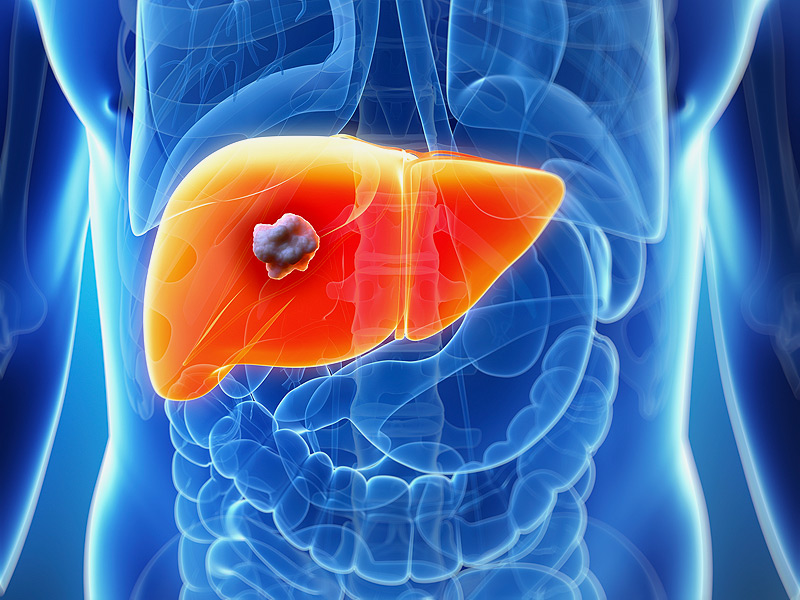Highlights
- •GOLM1 is identified as a leading gene relating to HCC metastasis
- •GOLM1 is correlated to early metastatic recurrence and poor survival of HCC patients
- •GOLM1 promotes growth and metastasis of HCC cells via activating EGFR/RTK
- •GOLM1 regulates recycling, spatial redistribution, and signaling kinetics of EGFR/RTK
Summary
The mechanism of cancer metastasis remains poorly understood. Using gene profiling of hepatocellular carcinoma (HCC) tissues, we have identified GOLM1 as a leading gene relating to HCC metastasis. GOLM1 expression is correlated with early recurrence, metastasis, and poor survival of HCC patients. Both gain- and loss-of-function studies determine that GOLM1 acts as a key oncogene by promoting HCC growth and metastasis. It selectively interacts with epidermal growth factor receptor (EGFR) and serves as a specific cargo adaptor to assist EGFR/RTK anchoring on the trans-Golgi network (TGN) and recycling back to the plasma membrane, leading to prolonged activation of the downstream kinases. These findings reveal the functional role of GOLM1, a Golgi-related protein, in EGFR/RTK recycling and metastatic progression of HCC.







